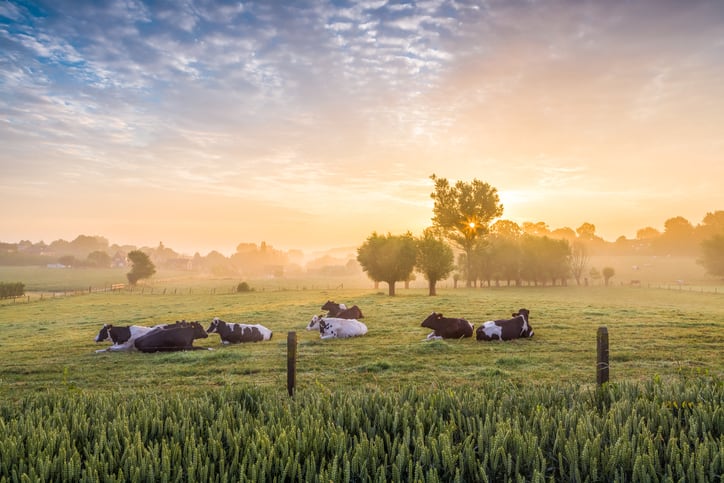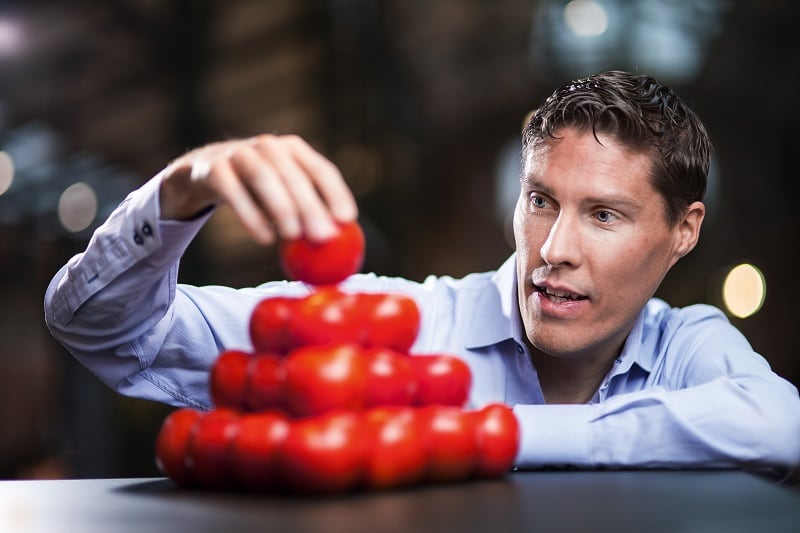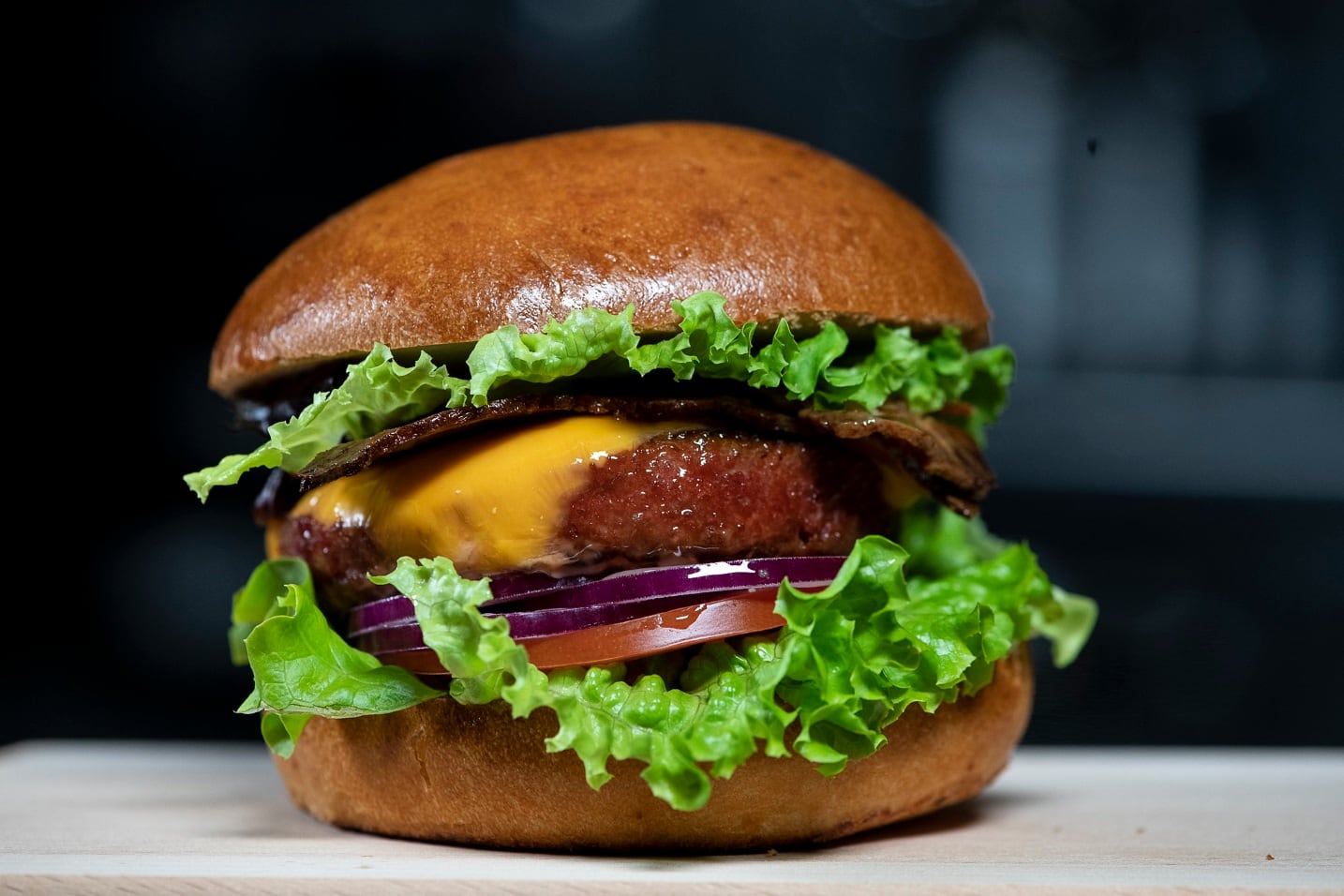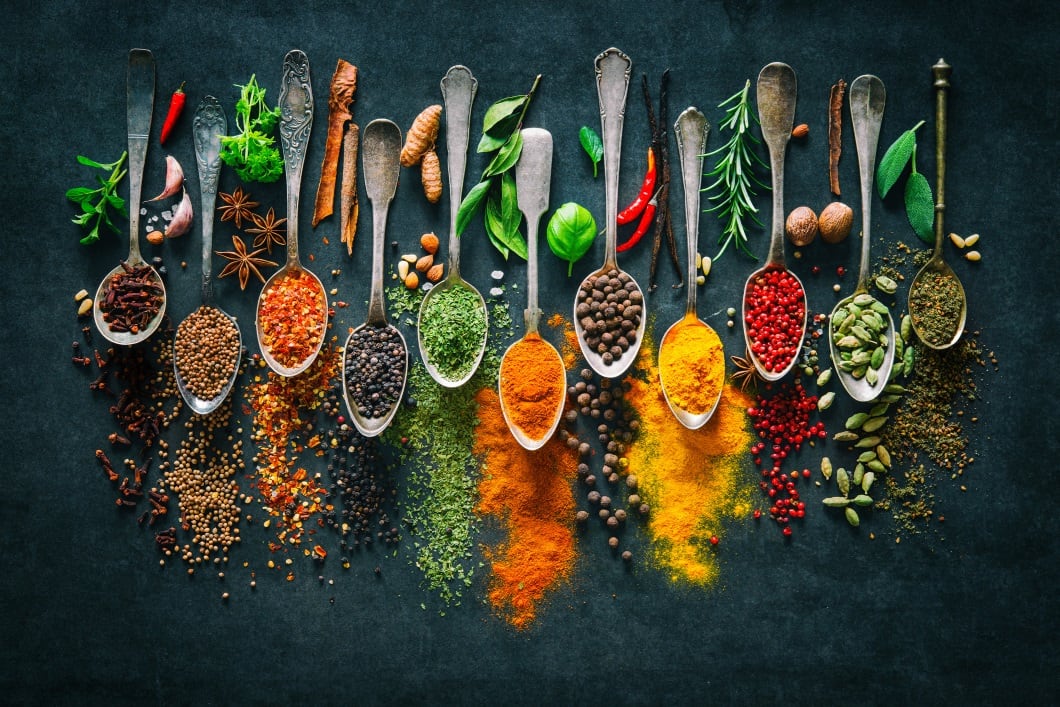UK farmers have defended the livestock industry ahead of the broadcast of the BBC 1 documentary, ‘Meat, A Threat to Our Planet?’ due to be broadcast on 25 November. In the documentary, animal biologist Liz Bonnin investigates the environmental impact of animals being raised to supply the world's demand for meat, and looks at efforts designed to reduce the effects.
She begins her journey in Texas, on a vast intensive farm with 50,000 cows, which emit huge amounts of methane, an incredibly potent greenhouse gas that is contributing to climate change. At a university in California, she hears of the efforts of scientists to better understand a cow's digestion so that they can reduce methane emissions.
She told What’s On TV magazine: “In the last 50 years the global cattle population has increased by 400 million, the number of pigs has doubled and the number of chickens has increased five-fold, and all to keep up with our meat-eating demands.
“This is having a devastating effect on our ecosystems as more and more land is being used for meat production, intensive farming is polluting our rivers with animal waste and the ever increasing number of livestock is contributing to global warming.”
‘Grazing ruminant animals can rebuild soil fertility and carbon stocks’
But Patrick Holden, CEO of the Sustainable Food Trust (SFT), said there needed to be a differentiation ‘between the livestock systems and meats that are part of the problem, and those that are part of the solution’.
"There is no doubt that grain fed, intensively farmed livestock, including those found in feed-lots in the USA, are hugely damaging to the environment and public health, and for this reason should be phased out entirely,” he said.
However, he added that sustainable agriculture represented one of the most ‘significant opportunities to mitigate irreversible climate change, primarily through the regeneration of our soils’. Grazing ruminant animals (including cattle and sheep), have a critically important role to play in rebuilding our soil fertility and carbon stocks, he said.
“We must move away from the prominent models of intensive, often monoculture systems which rely heavily on chemical inputs, towards more regenerative, mixed farming models, that integrate the production of plants for human consumption with natural soil fertility building phases within rotations.
“This can include the introduction of cover cropping and grass, which when grazed in a sustainable way can not only produce food we can eat, in the form of grass fed meat and dairy, but also improve the fertility of our soils.”
He added that of course, sustainable livestock products should form part of a balanced diet. “Whilst we must all be striving to eat more plants, just as importantly as scrutinising where our animal products come from, we must also question the provenance and wider impact of the plants we eat. Are, for example, imported soy or palm oil products, or highly processed meat alternatives, better than eating something we can produce in a sustainable way on our doorstep?
"By aligning our diets with the productive capacity of the sustainable farming systems in the area in which we live, we can have a significant impact on shifting the balance of financial advantage towards the type of farming systems we need to mitigate climate change, as well as reducing pollution, increasing levels of biodiversity and most importantly, improving public health."
‘UK meat production should increase’
Stuart Roberts, NFU Vice President, told the BBC’s Farming Today programme: “You don’t have to read too many newspapers every day to get another knock from those who say we should stop eating meat.” But the UK livestock industry has a positive story to tell, he said: “Our carbon footprint here is two and half times lower than the global average." He added that the UK meat industry should look to produce ‘more than its fair share of red meat for the global population’. “We’ve got a really competitive advantage going forward with our sustainable production systems.”





